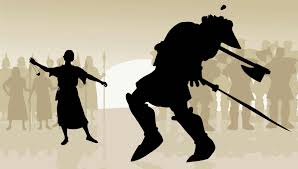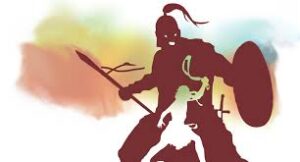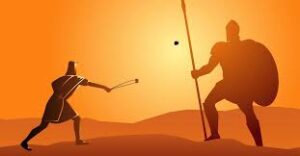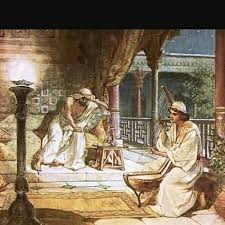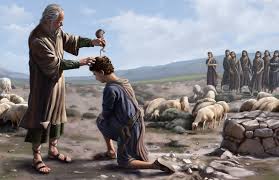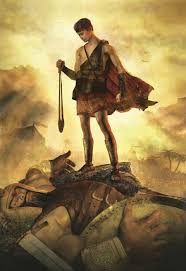Az – David at Adullum and Mizpah – First Samuel ch 22: 1-23
David at Adullam and Mizpah
First Samuel 22: 1-23
At this point in David’s life there was a turning of the tide; he was back in the territory of Y’hudah. So began one of the most interesting periods in the life of this exile. He was a king, anointed of YHVH, but he was hiding in a cave, waiting for God’s time until he should come to the throne. News of David’s return spread around the country very rapidly and soon there were gathered to him a strange assortment of people. Some were in distress, some in debt and some were disconnected. David became their leader, training and disciplining them until he had formed the nucleus of the greatest army the Israelites had ever known. They were destined to win the greatest victories in all their history.91





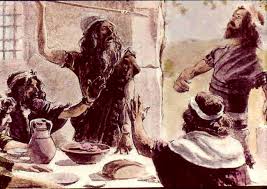
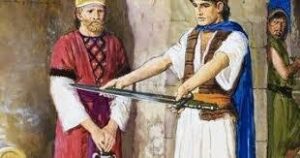
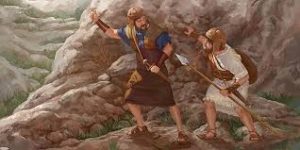
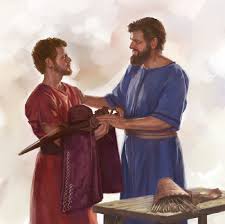
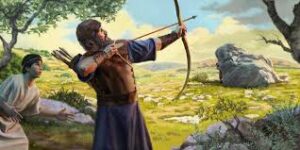

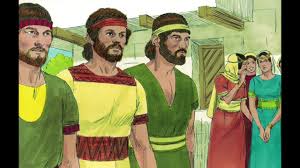
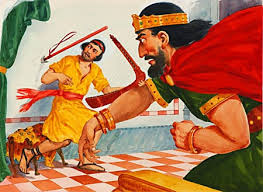

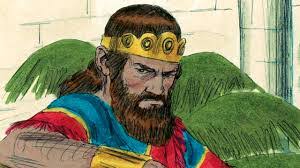 Joyous dancing and singing, accompanied by instrumental music, welcomed the victorious army home, as the women expressed their appreciation of the heroes of the battle. Not surprisingly, David was hailed as the number one hero, while Sha’ul was put in second place, a judgment that he couldn’t handle, but, which annoyed and festered into incurable jealousy. It just ate him up inside. The song was not meant to be derogatory to the king in the process of celebrating the outstanding bravery of David, but, in the light of Samuel’s rejection of Sha’ul (First Samuel 15:1-34), the words seemed to point to David as his replacement. This realization poisoned Sha’ul’s relationship with David from that point forward.46 Sha’ul tried to kill David by using his spear (18:10-16), by the Philistines (18:17-30), by his servants (19:1-7), again by using his spear (19:8-10) and by his messengers (19:11-17).
Joyous dancing and singing, accompanied by instrumental music, welcomed the victorious army home, as the women expressed their appreciation of the heroes of the battle. Not surprisingly, David was hailed as the number one hero, while Sha’ul was put in second place, a judgment that he couldn’t handle, but, which annoyed and festered into incurable jealousy. It just ate him up inside. The song was not meant to be derogatory to the king in the process of celebrating the outstanding bravery of David, but, in the light of Samuel’s rejection of Sha’ul (First Samuel 15:1-34), the words seemed to point to David as his replacement. This realization poisoned Sha’ul’s relationship with David from that point forward.46 Sha’ul tried to kill David by using his spear (18:10-16), by the Philistines (18:17-30), by his servants (19:1-7), again by using his spear (19:8-10) and by his messengers (19:11-17).